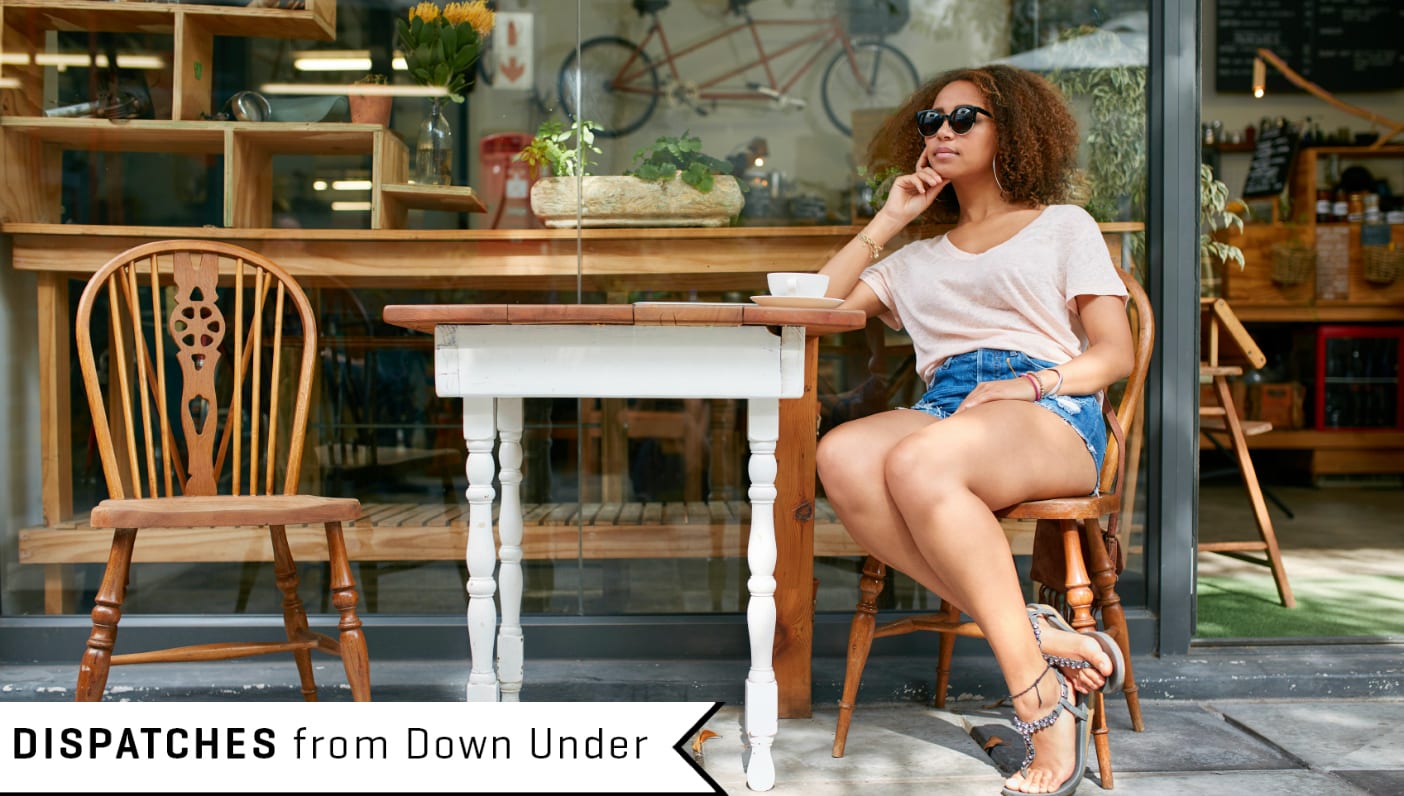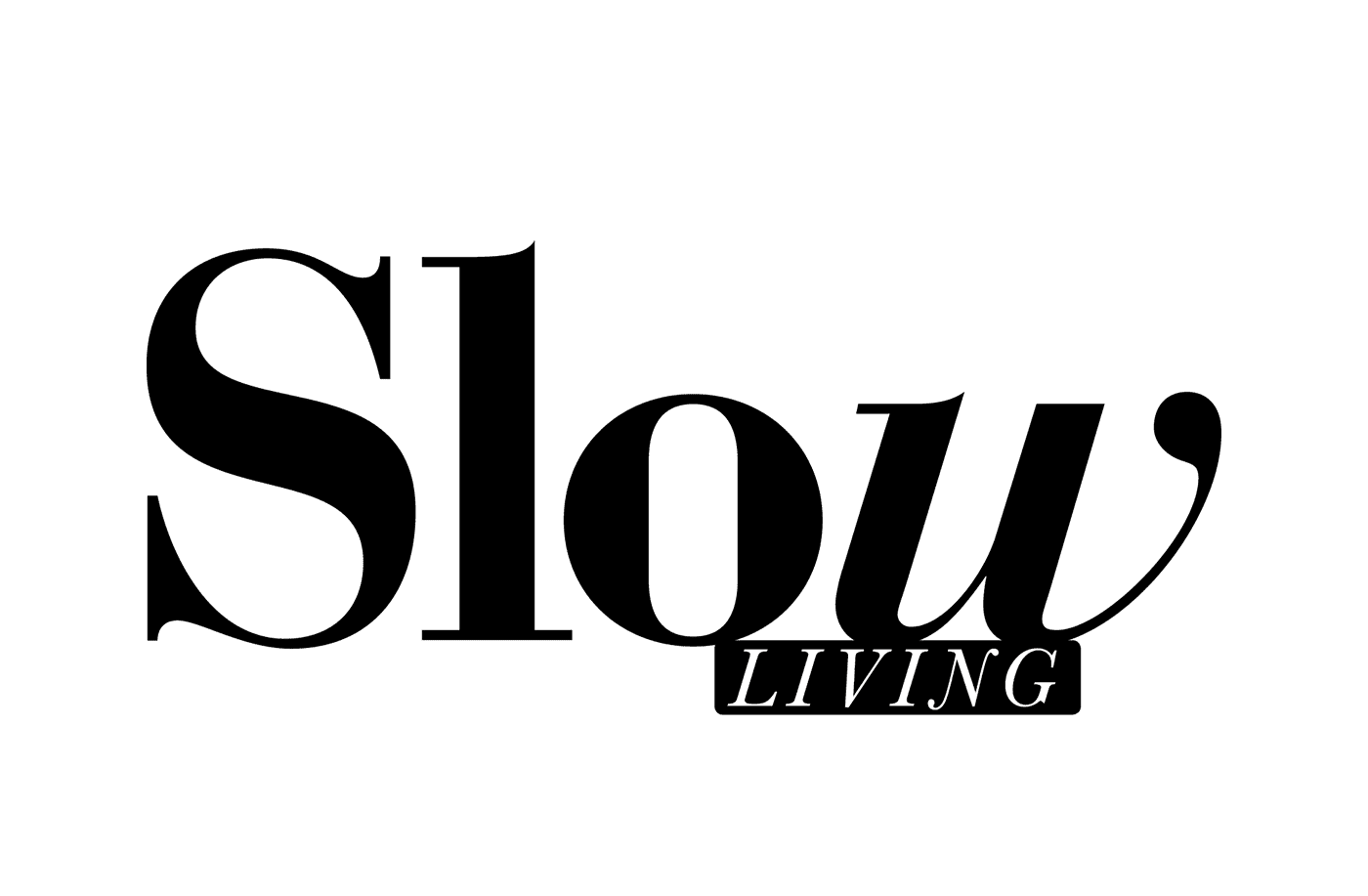
This is the part of our series from Wanderlusters in Australia and New Zealand.
Slow. Is it just me or does that little word seem to be everywhere these days, imbued with a whole new and transformative meaning?
Slow was once considered a criticism. We decried slow service, mocked someone for being a bit “slow,” bemoaned deliveries that seemed to be stuck on the slow boat.
Where once we bragged about being busy, it now seems that an increasing number of us are determined to claim slow as a badge of honor. We want more time in our lives: Time to linger over long lunches, time to read real paper-and-ink books, time to tend gardens, to engage in traditional crafts, to appreciate the labor and love that goes into handmade items of quality. We crave the time to truly connect with loved ones in unhurried and meaningful encounters.
As the editor of a mindful magazine I have the great pleasure of documenting this fascinating, world-wide movement in all its forms. It seems barely a week goes by without the descriptor “slow” applied to a new area of our lives—travel, art, business, architecture, school, families, relationships.
And it leads me to wonder how we got here. For the past several decades at least it seemed humanity was engaged in a feverish, collective race to the future.The post-WWII generation was fed the myth that modern appliances would give us more time, free us from the constricting yoke of menial domestic chores and usher in a new era of leisure and liberty. It hasn’t turned out that way. As blenders and power tools gave way to computers and cellphones, we somewhere along the line became enslaved to the very technological gadgets that were supposed to set us free. We’re programmed to want the latest everything, to endless system upgrades, and the gnawing sense that we are all running on a fast-moving treadmill.
But it’s reached a boiling point. And now a critical mass of us seem to be declaring: Enough.
If you are looking for starting points for this movement, consider the crusade of a young Italian journalist, Carlo Petrini, who launched a campaign to stop the opening of a McDonald’s restaurant on the Spanish Steps in Rome in 1986. Fearful of American junk food culture swamping his homeland’s beloved culinary traditions, Petrini tapped into a rich vein of like-minded souls who rejected everything bland, homogenised, and unhealthy about the mass-produced fare the golden arches offered.
Petrini’s campaign grew into Slow Food, a worldwide organization with 100,000 members in thousands of chapters or conviviums around the world. Slow Food’s stated aim of “good, clean, fair food for all” celebrates local culture and character, supports small-scale sustainable agriculture, and strives to preserve threatened or disappearing culinary traditions and food species.
But it doesn’t stop there. The ethos that Petrini popularized, of slowing it down, returning to our roots, now extends to fashion, travel, business, art—any area of our lives where there is a desire to preserve something traditional and time-honored.
When we slow down we have time to consider the consequences of our actions and consumer choices, to observe the cause and effect of this mad, headlong rush towards the future, and make conscious decisions to live a different way. Take the time to do the things you love, with like-minded souls. Get out into nature and revel in its tiny wonders. Be mindful of how the things you eat, wear, buy, and use impact the world around you.
Life goes by too fast to not take it slow.
In partnership with Slow Living
Slow Living Magazine aspires to offer the reader real, practical, tangible ways to claim back time in their lives—fun, varied, and inspiring strategies big and small for a saner and gentler paced lifestyle. Whether it’s a simple slow-cooked recipe for a luxuriously long family lunch or an entire paradigm shift in lifestyle, Slow Living Magazine provides inspiring and tangible case studies in how to live a more leisurely and enriching life. They are supporting partners of Wanderlust New Zealand.
